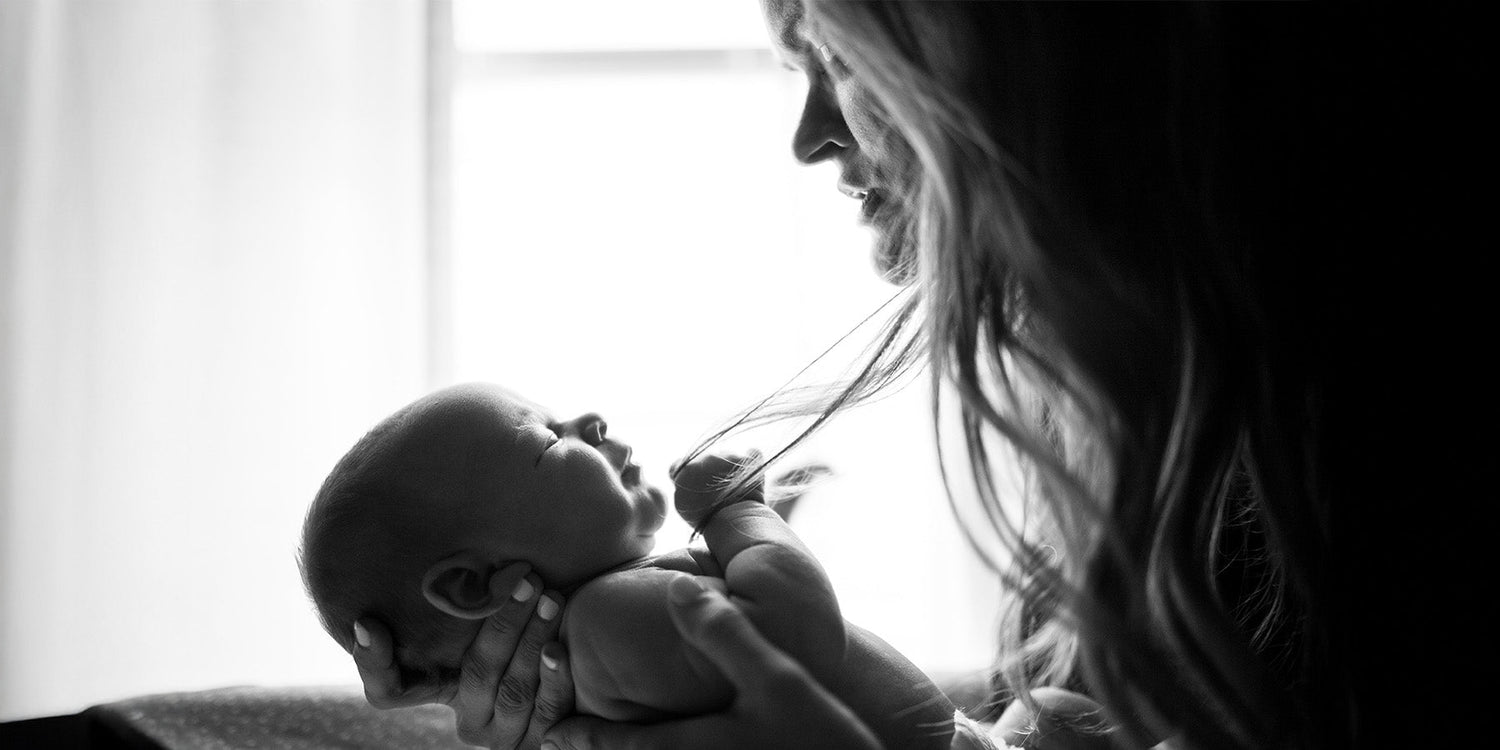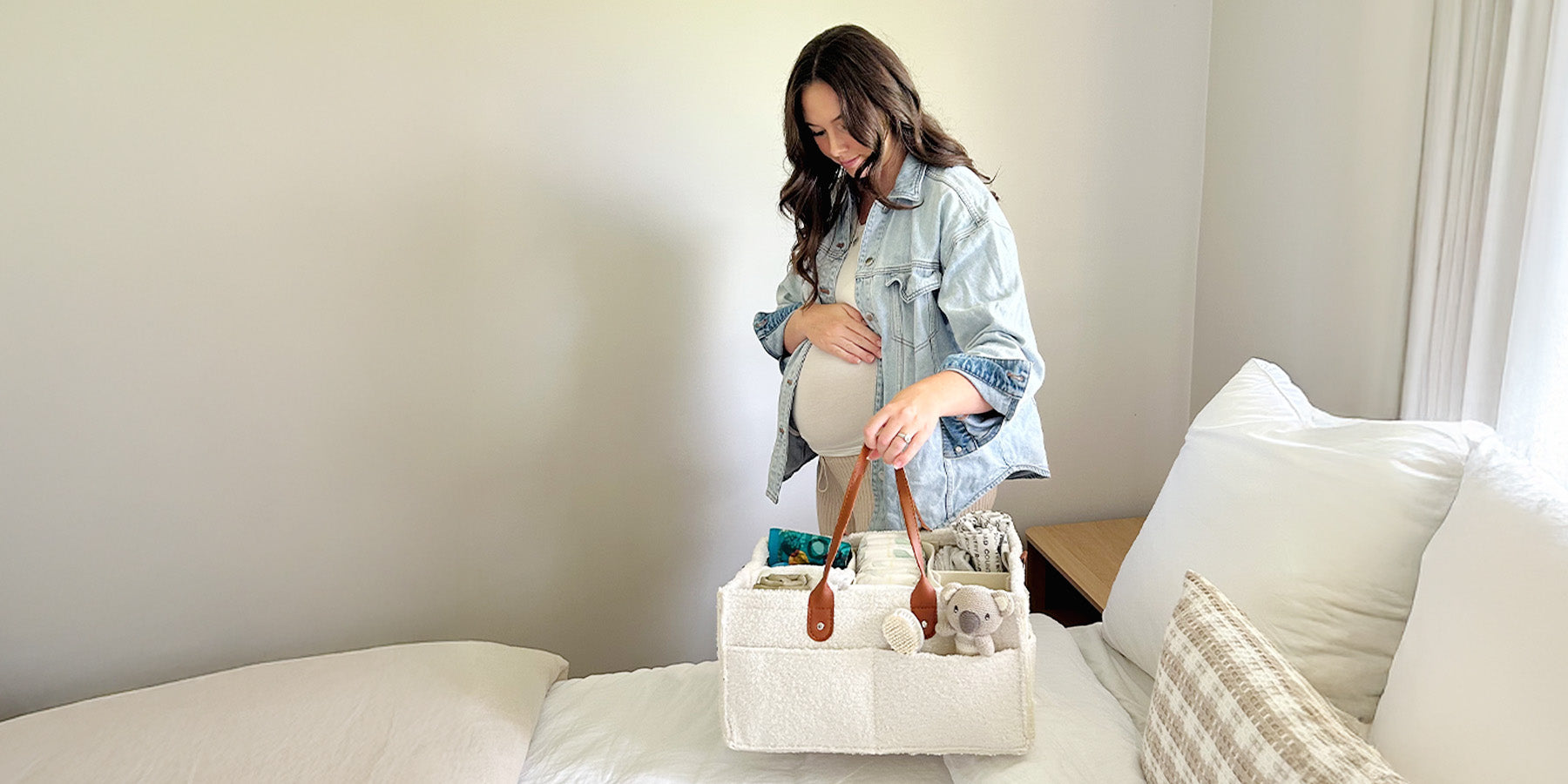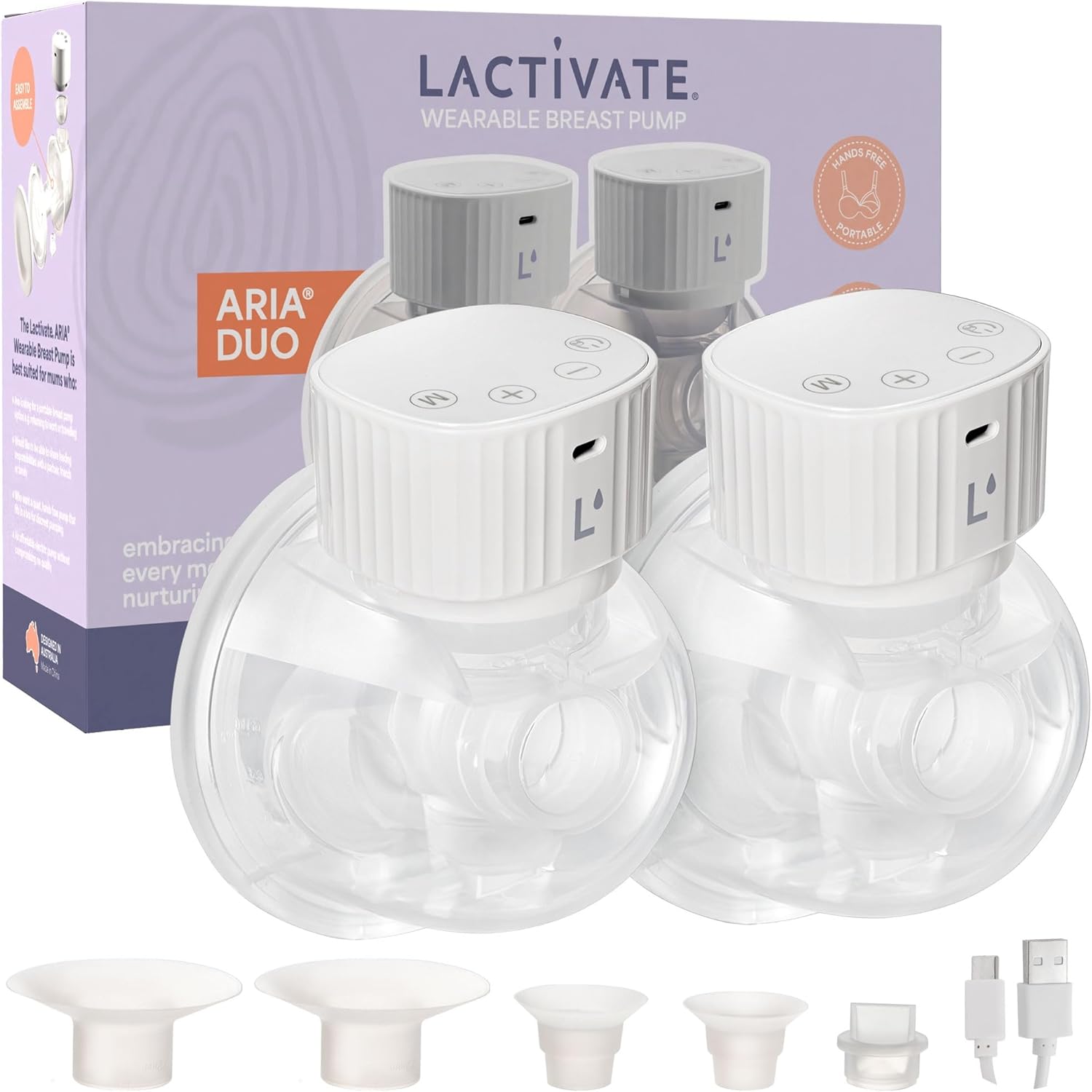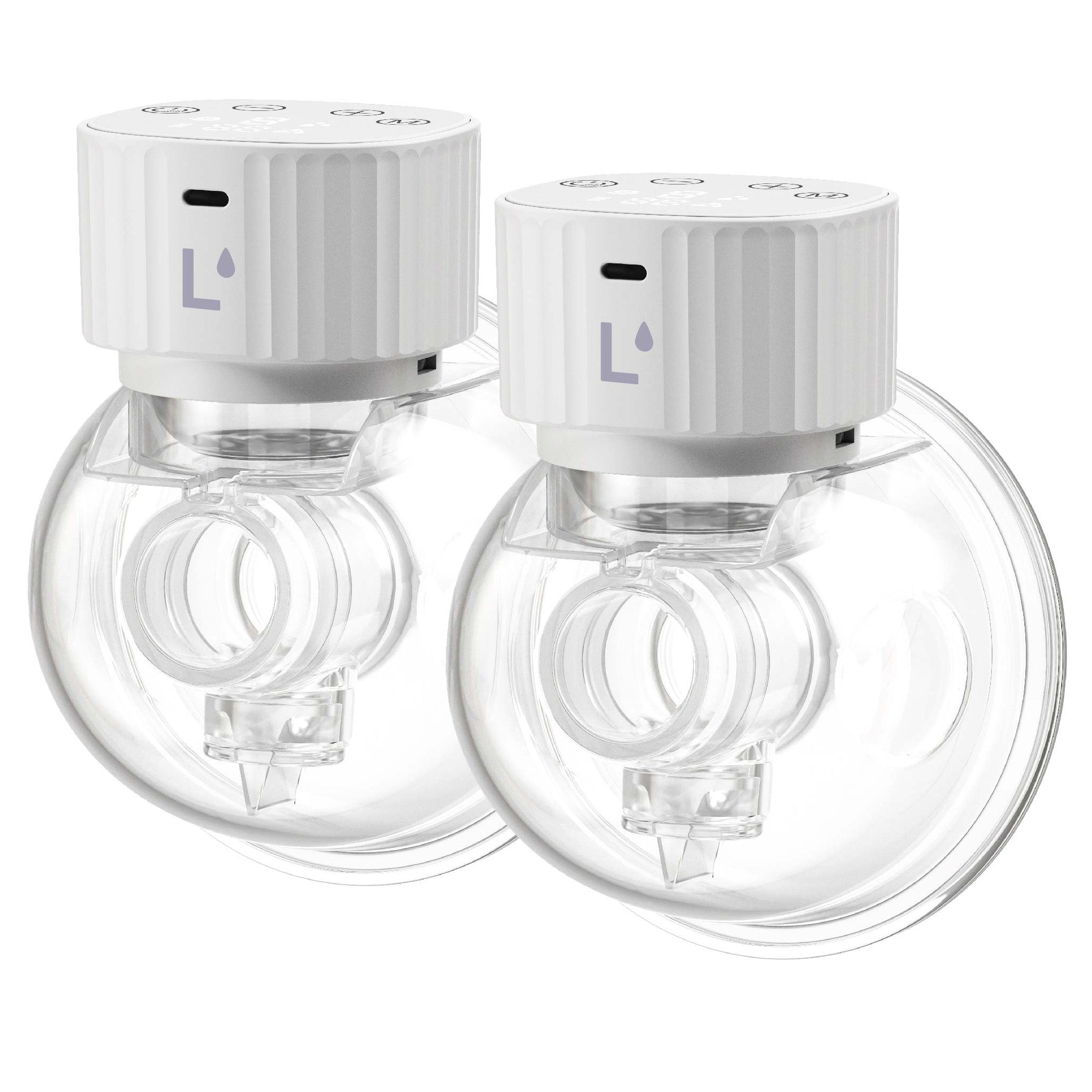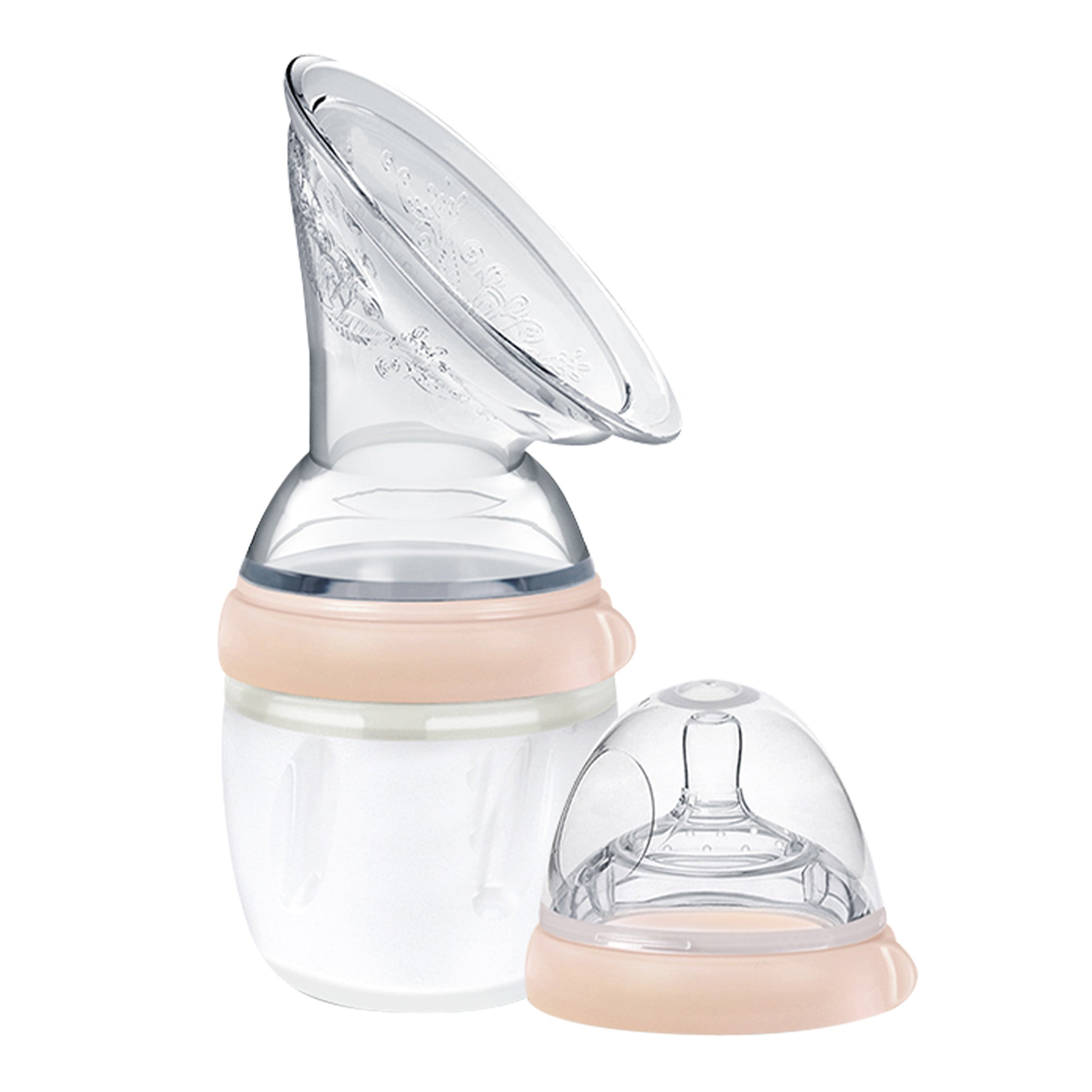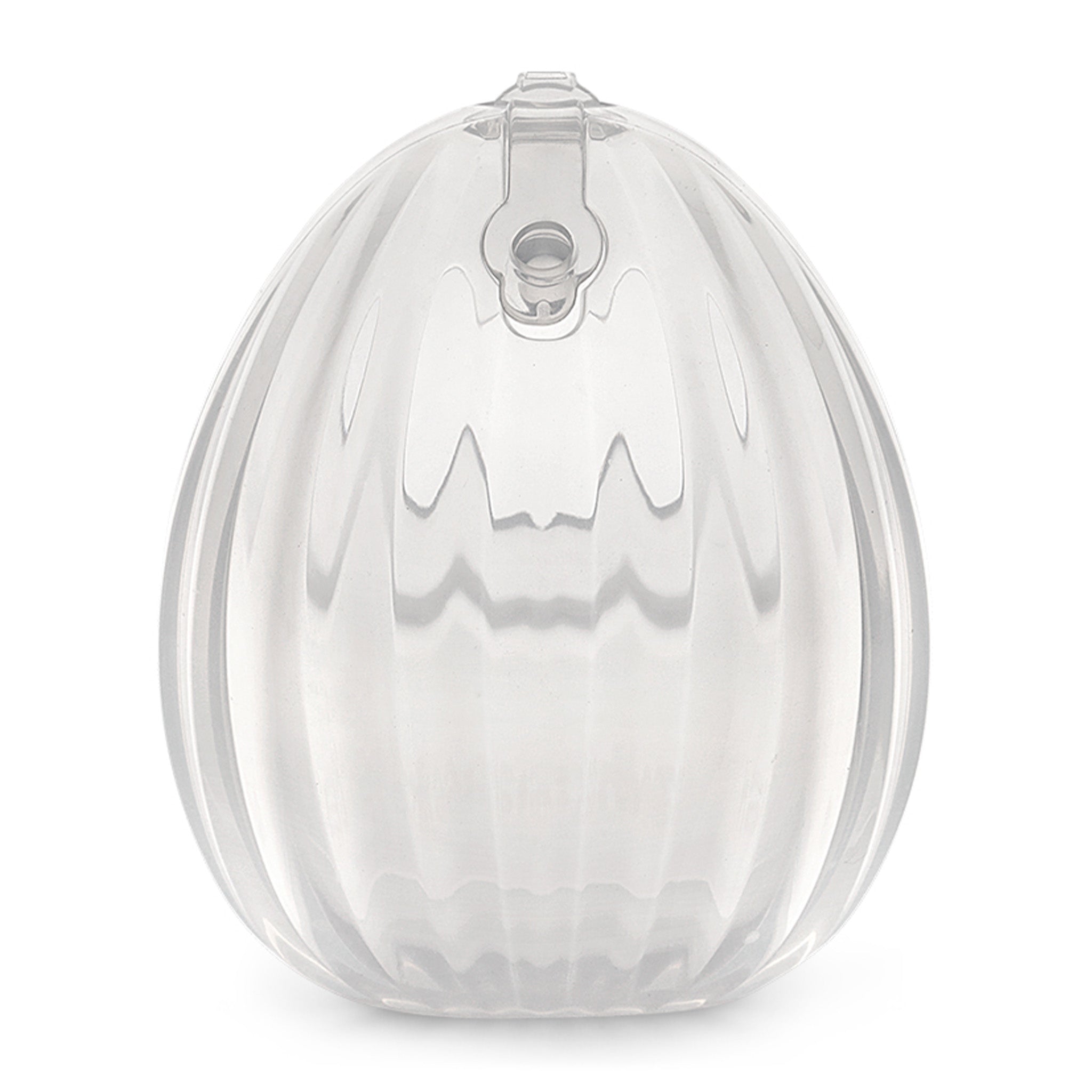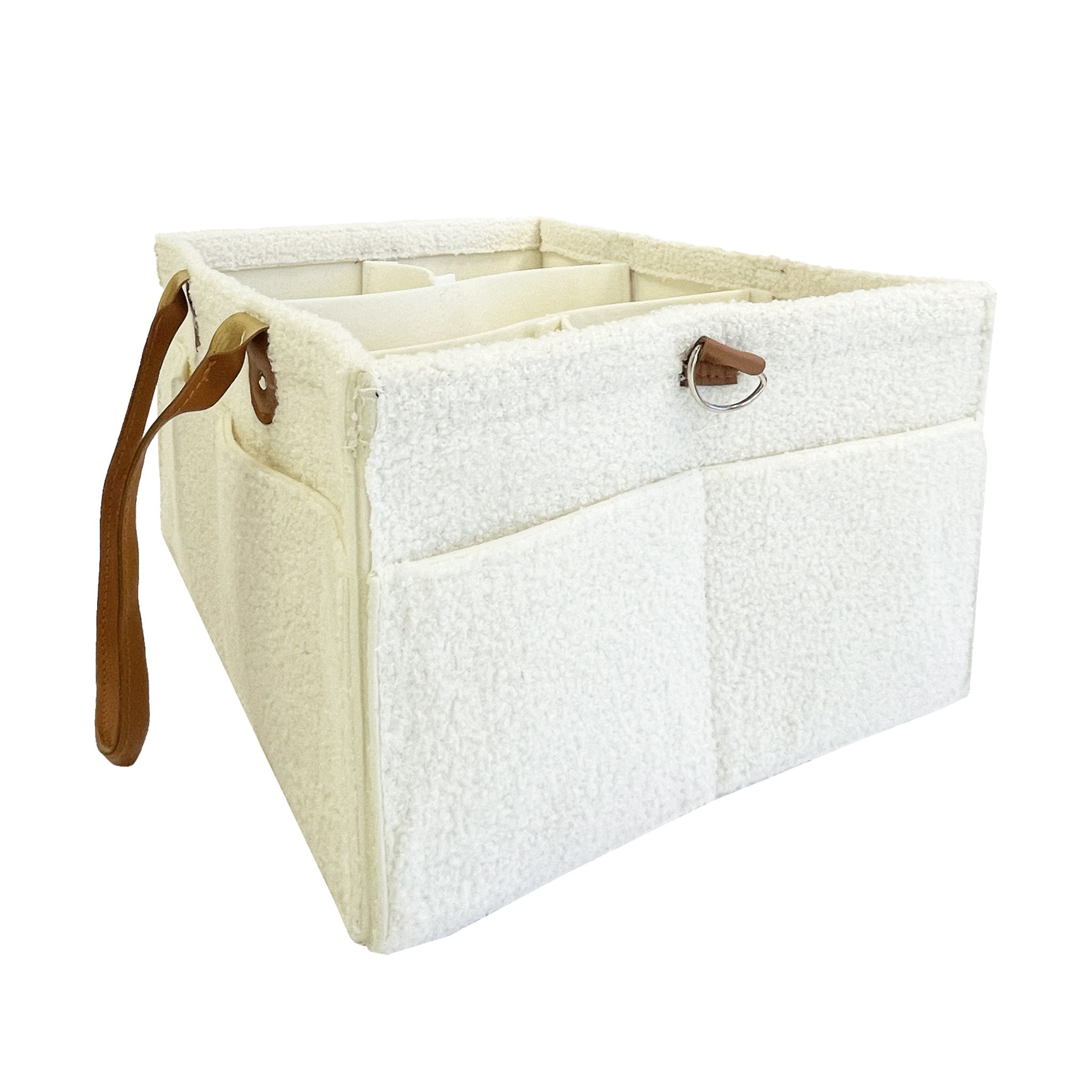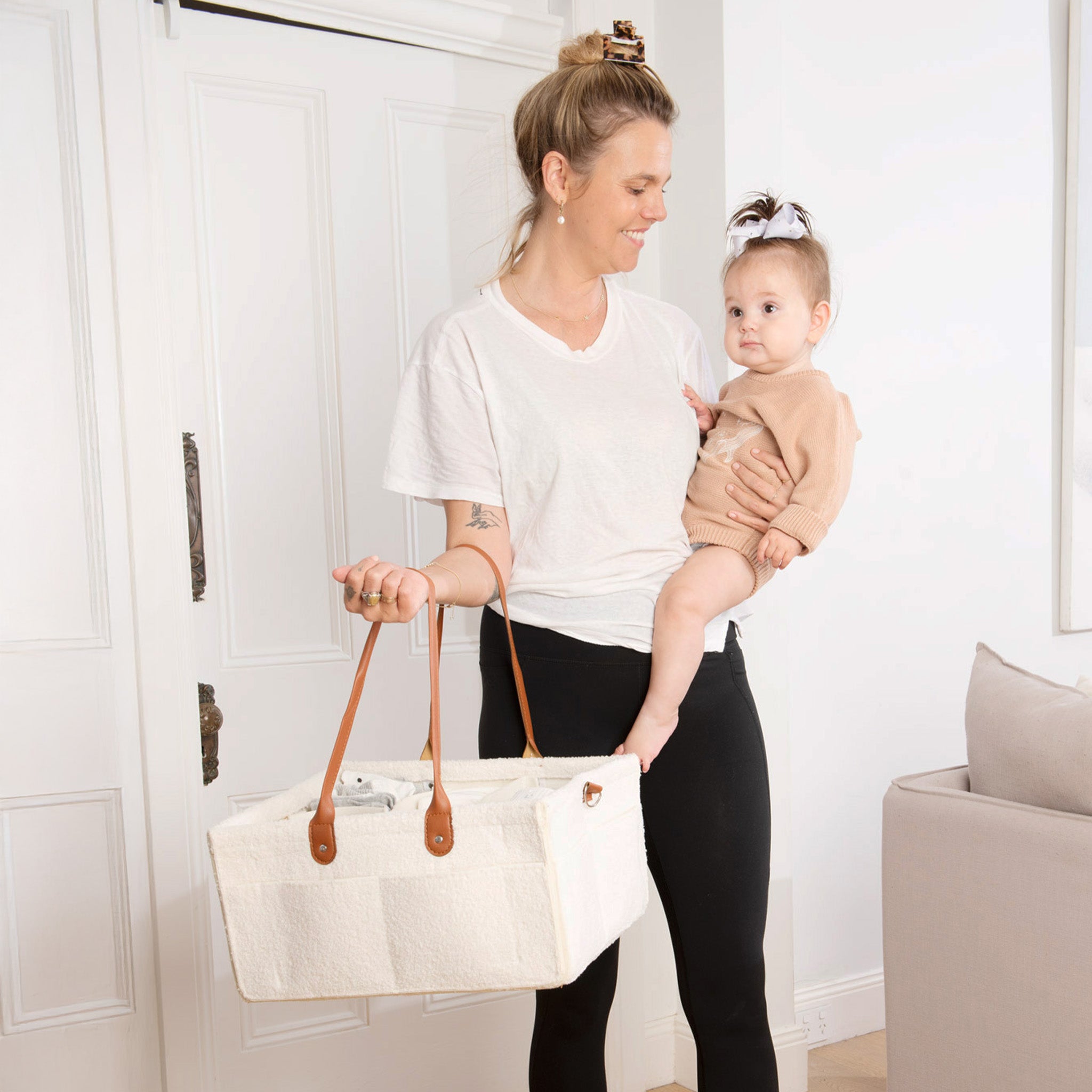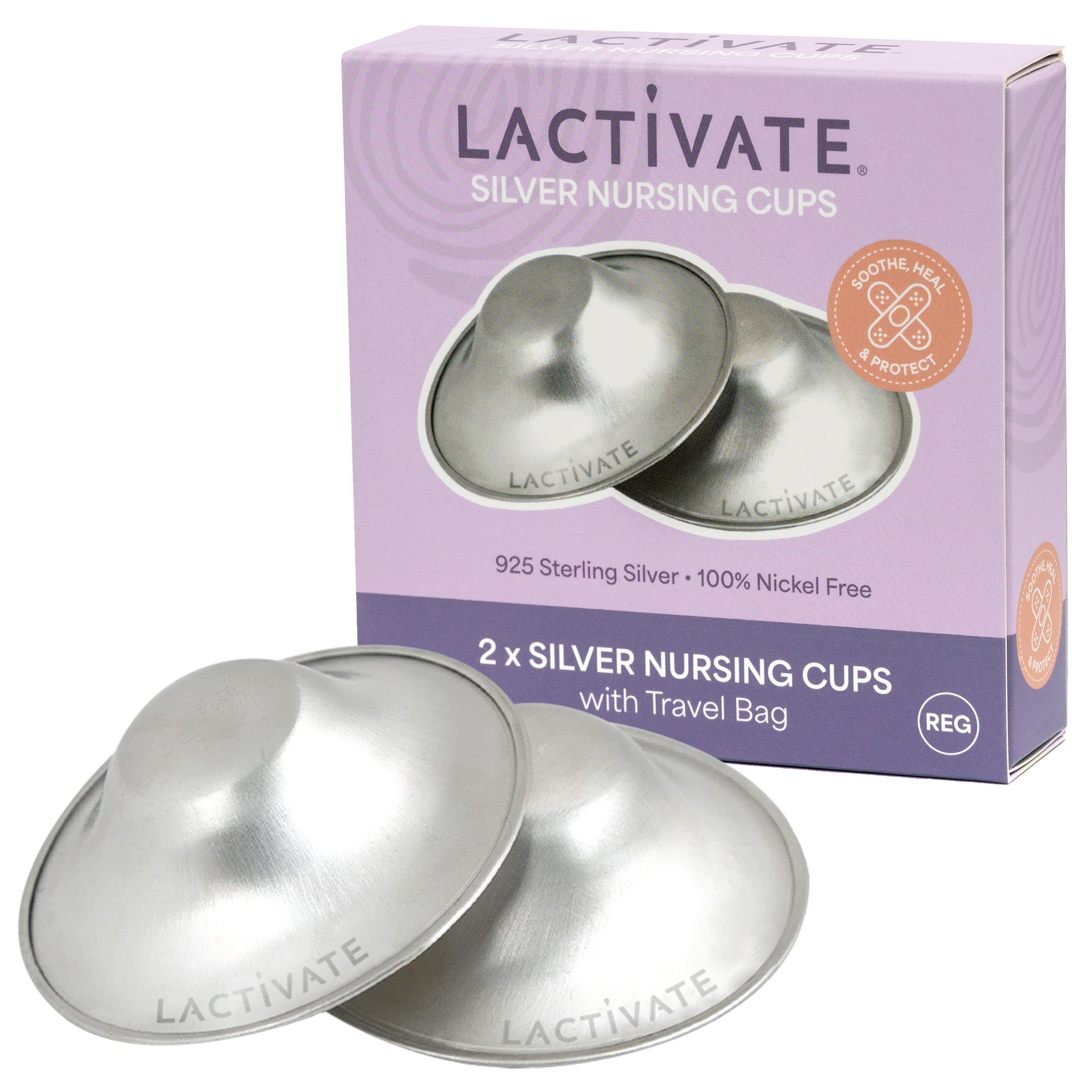What is Cluster Feeding?
Cluster feeding AKA the witching hour AKA feeding till your nipples feel like they might just fall off.
Whatever you call it, a cluster feeding newborn (or older baby for that matter) can be TOUGH. Yes, it's a completely normal behaviour and no, it does not mean that you're losing your milk but that doesn't make it any easier to handle.
So what exactly IS cluster feeding? And how can you best survive it?
The cluster feeding lowdown
Cluster feeding is typically that period where your previously contented (or relatively contended) newborn or young baby appears to lose their mind. Think fussiness, crying (you and them), squirming, anger (again, you and them) and the need to be permanently attached to the breast. It often happens in the late afternoon or evening in the first weeks of life but can happen at anytime of day and throughout your breastfeeding journey.
There are a number of reasons why experts think babies cluster feed. They include:
- Boosting your milk supply - A mother's milk supply is established in the first few months of breastfeeding. Remember, milk being taken out of the breast is the signal your body needs to make MORE milk. The more often your breasts are emptied, the more milk they will make. Cluster feeding may be a way for baby to ensure that they build a strong milk supply for the future.
- Overstimulation - Cluster feeding typically occurs towards the end of the day. Some experts believe that it may be a reaction to a day full of stimulation, with a baby seeking out the breast and close skin-to-skin contact to help calm their nervous system and 'return to base.'
- The generation of fattier/more filling milk - Many women will feel that their breasts have softened by the evening, especially if baby has been feeding constantly. It's important to remember that this does not mean that you've run out of milk or have a low milk supply. Our breasts naturally soften as breastfeeding is established and softer boobs can still contain plenty of milky goodness. In fact, studies have found that the volume of milk may DECREASE in the evening but the fat content INCREASES, meaning that the milk is more filling or satiating. This could explain why, after a long cluster feeding session, your baby may sleep for a longer than normal period.
How do I survive it?
A cluster feeding baby may make you feel as if you want to run away. We get it. Sadly, you're the one with the boobs so running away isn't always possible. You CAN survive the weeks of cluster feeding though.
Here's how:
1. Remind yourself that it's normal - It's exhausting, exasperating and may feel like it'll never end but cluster feeding is COMPLETELY NORMAL. And, we'd guess, something 95% of mothers experience, regardless of whether you breast or bottle feed. Knowing that you're not doing anything 'wrong', that your baby is completely normal and just doing what babies have always done, can be comforting when you're losing your mind wondering how you'll keep on feeding.
2. Prepare in advance - If you know your bub tends to be fussy around a certain time, prepare yourself in advance. Stay hydrated, keep the fridge and pantry stocked with plenty of easy to grab meals and snacks (lactation cookies are a great choice), and pair back your evening routine where you can. Utilise your slow cooker/your freezer stash/Uber eats for dinner options. Reserve TV time for your toddler till the time when you know you'll be glued to the couch and most of all, be kind to yourself. Do what needs to be done and leave the rest.
3. Baby wear - Baby wearing can be a lifesaver with a fussy newborn, especially when you've got other children who need their mummy! Learn how to use your baby carrier then USE IT. Strap bubba in let the warmth of your body and gentle movement soothe and calm them. You can even breastfeed in many carriers meaning you really can be hands free.
4. Call in support - If you're lucky enough to have a partner home during the witching hour, get them involved. Once bub has had their fill, hand them over to your partner. Let them snuggle/rock/walk them around while you use the loo, have a drink and eat something. If you need someone to cut up your dinner while you're feeding; let your partner/mum/mother-in-law/neighbour do it. If your partner isn't around during cluster feeding o' clock, don't be shy about calling on your support network for a hand or someone to talk to. Utilise your Mother's Group or Early Childhood Centre/MCHN. Call the ABA and speak to one of their counsellors. Motherhood was never meant to be done alone. If you've got help available, use it when you can.
You've got this mama!

